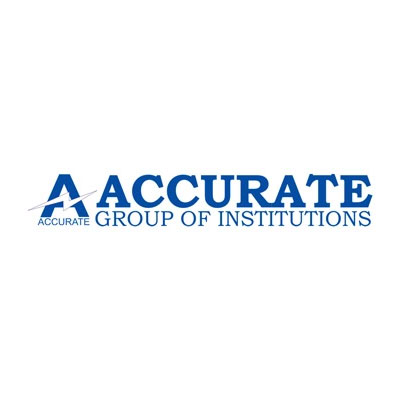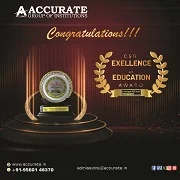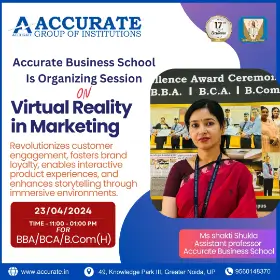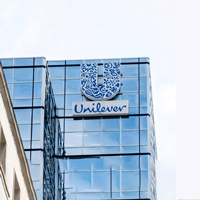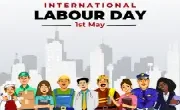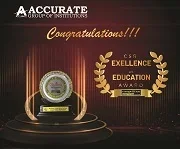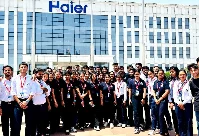Job interviews serve as critical moments in one's career path, and the ability to navigate common interview questions effectively can significantly impact your chances of success. Anticipating these queries and preparing well-thought-out responses can bolster your performance and leave a lasting impression on interviewers. Here's an in-depth exploration of strategies to master these commonly asked interview questions.

Understanding the Core Questions
Interviews often orbit around predictable questions that allow employers to gauge a candidate's suitability for the role. These questions typically cover various facets:
-
Introduction:
"Tell me about yourself." -
Strengths And Weaknesses:
"What are your strengths and weaknesses?" -
Fit For The Company:
"Why do you want to work here?" -
Fit For The Company:
"Describe a challenging situation and how you overcame it." -
Future Aspirations:
"Where do you see yourself in five years?"
-
Pressure And Conflict Handling:
"How do you handle pressure or conflict?" -
Pressure And Conflict Handling:
"What makes you a good fit for this position?" -
Curiosity And Inquiry:
"Do you have any questions for us?"
Strategies for Anticipation and Preparation
Deep Dive into Company and Role:
Start by thoroughly researching the company, understanding its culture, values, and recent achievements. Tailor your responses to mirror the alignment between your skills and the company's goals.
Craft a Compelling Narrative:The pivotal "Tell me about yourself" question demands a succinct yet captivating narrative. Construct a story that encapsulates your professional journey, emphasizing significant achievements and how they intertwine with the role you're applying for.
Showcasing Strengths and Mitigating Weaknesses:Spotlight strengths that resonate with the job description. When discussing weaknesses, focus on areas for growth and showcase proactive steps taken towards improvement.
Express your genuine interest in the company by citing specific reasons such as its mission, values, or recent initiatives. Connect these aspects with your career goals and skill set.
Employ the STAR Technique: When addressing questions about challenges or conflicts, utilize the STAR method (Situation, Task, Action, Result) to structure your response. This method ensures a structured and comprehensive answer.
Align Future Goals: While discussing future aspirations, align your ambitions with the company's growth trajectory. Demonstrate enthusiasm while emphasizing how this role serves as a steppingstone in your career path.
Coping with Pressure and Conflict: Illustrate your ability to handle pressure with real-life examples. Showcase problem-solving skills and adeptness in managing conflicts effectively.
Tailoring Responses: Customize your answers to mirror the job description. Highlight specific skills, experiences, and achievements that directly correlate with the position you're seeking.

Effective Preparation Techniques
Mock Interviews:Engage in mock interviews with peers, family, or mentors. Constructive feedback aids in refining your responses and boosts confidence levels.
Practice Storytelling:Hone your storytelling skills using anecdotes and examples. Utilize frameworks like STAR to ensure coherence and clarity in your narratives.
Adaptability in Interview Styles:Adapt your responses to align with the interviewer's style and the conversational flow.
Confidence and Authenticity:Maintain confident body language, eye contact, and a composed demeanour. Authenticity in responses resonates positively with interviewers.
Curiosity and Inquisitiveness:Prepare thoughtful questions to ask the interviewer, showcasing genuine interest and eagerness about the role and the company.
Conclusion
Mastering the art of answering common interview questions requires meticulous preparation, strategic planning, and effective communication. By anticipating these questions and implementing the strategies, candidates can confidently navigate interviews, leaving a memorable impression on interviewers. Remember, thorough preparation is pivotal, and by honing these strategies, you're well-equipped to ace your next interview and potentially secure your dream job.
